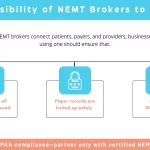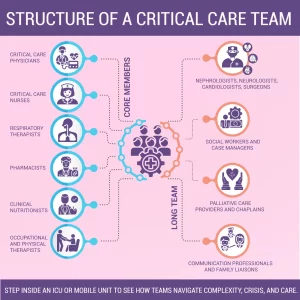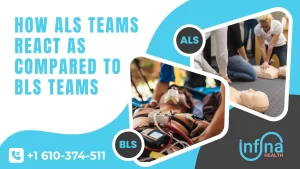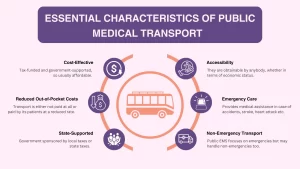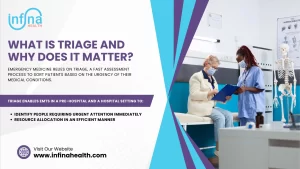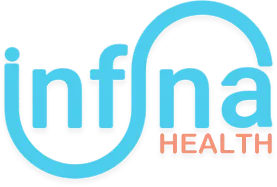How Do Medical Standby Services Support Local Gatherings and Community Events in Philadelphia?
Philadelphia is a city that lives on its events. With Philadelphia sports games and world-class marathons, along with street fairs, block parties, and concerts, the City of Brotherly Love is a center of cultural festivities and community ties. Meanwhile, thousands of Philadelphia events attract residents and visitors each year to experience the bustling traditions of the city. These include the Mummers Parade Philadelphia, the Philadelphia Flower Show, and countless charity runs.
However, in the background of such vibrant community events in Philadelphia, there is a service that has become invisible to most people, medical standby services. These groups of emergency medical technicians (EMTs), Philadelphia paramedics and trained personnel offer on-site critical medical services. Additionally, it ensures the safety of the public, provides immediate medical care during events and aid organizers to conduct a safe and stress-free events.
This article discusses the significance of emergency medical standby services during the community events and the need of medical standby transport when large number of people gather in a specific location. Additionally, the focus will be on the importance of medical standby services like Infina Health medical standby services in ensuring patients are well taken care of in Philadelphia.
What Do Medical Standby Services?
Medical standby services are the hiring of on-site healthcare providers, often EMTs, paramedics, nurses and occasionally physicians, to an event in order to deal with emergencies as they occur. Standby teams are located inside a venue, unlike general emergency responders who might take time to reach a far hospital.
These practitioners are in a position to offer:
- Minor injury first aid at event. High-level emergency life support.
- Quick treatment to heart attacks, allergic reaction, or dehydration.
- Medical standby transport in situations where patients require to be moved safely to a nearby hospital.
It could be a sports tournament in Philadelphia, a marathon, or a Philadelphia street festival. Additionally, the professional medical teams on-site could guarantee their response to emergencies in real-time to minimize the response time and keep a situation under control.
Philadelphia Events and the necessity of Medical Standby Services
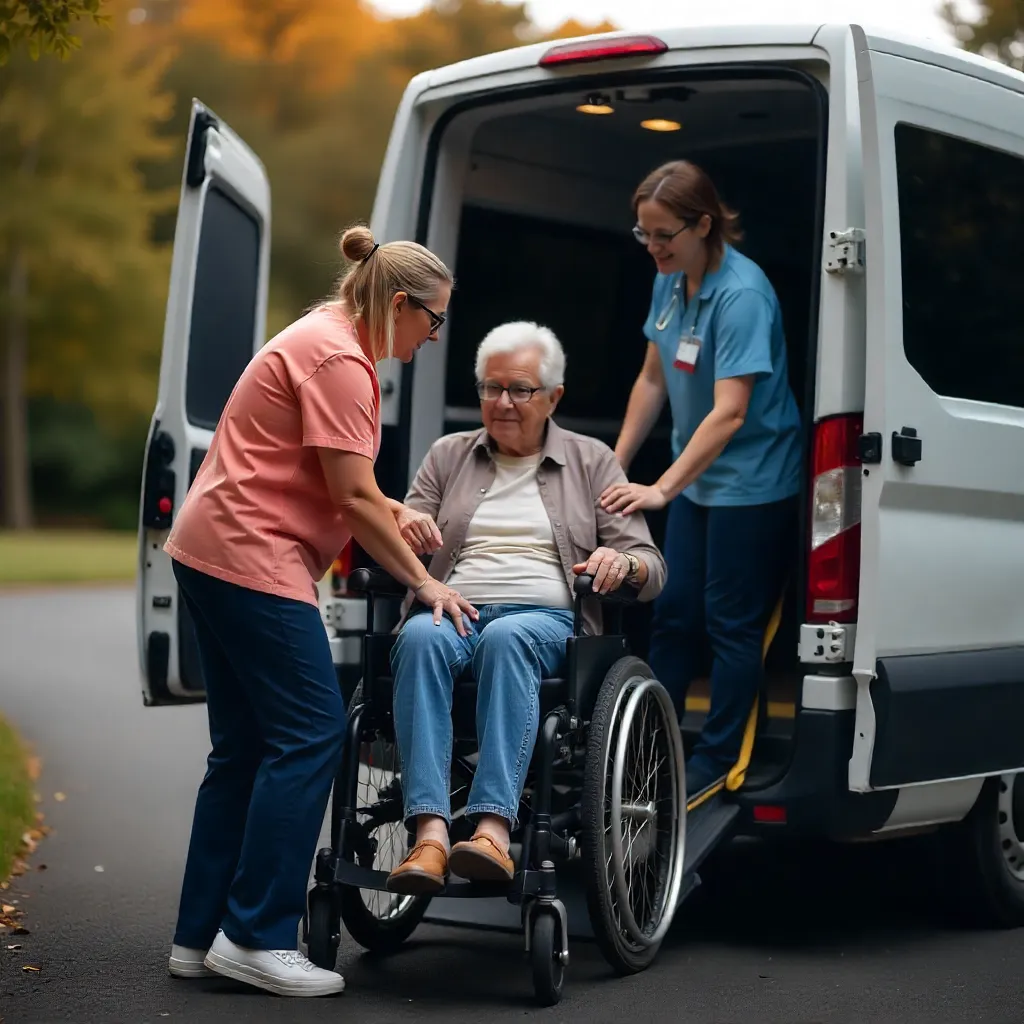
Professional stand-by medics at an outdoor event in Philadelphia
Philadelphia is a city that never sleeps and with such a variety of community activities comes an equally diverse variety of health and safety issues. Whether it is blocking parties in Philadelphia neighborhoods, large concerts and festivals in Philadelphia, event organizers have a big responsibility to ensure the safety of the participants.
This is where medical standby services come in; not only as a precautionary tool but as a preventive act that offers protection of all the gatherings and make them enjoyable, safe, and well-organized.
1. Providing Security at Events
The security of the guests is the core of any event. Big local events in Philadelphia can attract thousands of people and, when the crowd is excited, the danger of mishaps or contagion increases as well. Typical health issues are:
- Philadelphia sports tournaments sprains and fractures.
- Passing out during concerts because of over-crowding or over-exertion.
- Summer parades or marathons, heat exhaustion, dehydration.
- Allergic reactions during event such as the Philadelphia Flower Show.
- Drug issues at night-time festivals.
Through the implementation of event medical services Philadelphia, organizers will have professional teams integrated in the venue and prepared to provide emergency medical care at events. These teams offer:
- On-site stabilization of patients by pre-hospital care.
- Minor injuries on-site first aid such as bruises and cuts.
- Intensive lifesaving in an emergency.
- Standby emergency ambulance services to take patients to the local hospitals as required.
This prompt reaction does not only stop the development of the health problems, but it also helps to convince the attendees that their health is proactively protected.
2. Organizer and Attendee Peace of Mind
There is more to hosting an event in Philadelphia than just entertainment and that is responsibility. Event organizers should bear in mind event risk management and take precaution to safeguard their guests. Collaboration with Infina Health medical standby services guarantees:
- Insurance against organizers against unexpected events.
- Conformity with the local regulation in the city of Philadelphia on health and safety measures.
- Availability of trained medical staff in Philadelphia to attend to different emergencies.
To the attendees, this will amount to peace of mind. Whether it is cheering at a Philadelphia sports game, at the Mummers Parade Philadelphia or even at a charity run Philadelphia, the fact that there are professional medical teams in their midst instils a level of insecurity. Additionally, the parents are able to bring children safely, elderly guests can attend without any concerns and participants can enjoy and not think about what if situations.
To get to the point, attendee health and safety is no longer a chance, it is planned.
3. Effective Crowd Management
One of the largest issues in Philadelphia events of a large scale is crowd safety. Large masses prevent the classic responders to access people in distress within a very short period of time. For example:
- Noise and crowding at concerts and festivals Philadelphia can push a medical emergency to the back burner.
- In historic parades Philadelphia, the main routes may be congested such that normal ambulances are blocked.
- In sports tournaments Philadelphia, injuries can occur in crowded seating places.
In this case crowd management medical services prove to be invaluable. On-site healthcare workers and emergency responders are strategically located in venues to ensure expediency. They often coordinate with:
- Security teams to clear routes in order to access medical.
- Elaborate on the event logistics personnel to track the likely high-risk areas.
- Police to regulate the flow of crowd in case of an emergency.
Emergencies are contained with the help of fast medical aid, which reduces the number of disruptions and makes the event organized and smooth.
4. Adherence to Regulations
Safety and reassurance are not the only reasons to think about but also there is a legal concern. Special event medical coverage is a mandatory aspect of planning many Philadelphia events, particularly those with large crowds and high-risk activities.
Events such as:
- Philadelphia sports matches in the Citizens Bank Park.
- Mummers Parade Philadelphia.
- Philadelphia high-capacity concerts and festivals.
These have to be in accordance with safety measures in the city.
Event organizers show due diligence by organizing medical stand by transport and first aid on-site emergency response which can prevent expensive fines or event cancellation. What is more critical is that they gain the goodwill of their attendants by considering the health of people in large events.
Make Your Event Safe and Compliant.
Stop taking a chance on attendee safety. Collaborate with Infina Health medical standby service in Philadelphia to obtain professional on-site care, reliable standby ambulance service. As it provides assurance to the organizers as well as the guests.
Call Infina Health today to book event medical coverage.
Compliance is not simply about doing things right, it is also about demonstrating a desire to make events safe and stress free so people can meet without concerns.
Medical Concerns in Philadelphia: The Common ones
Various illnesses present their distinct problems. The following is a rapid outline of typical situations in which emergency medical standby services can be priceless:
|
Event Type |
Typical Medical Problems |
|
Sports tournaments Philadelphia & Marathons |
Sprains, fractures, dehydration, heat exhaustion |
|
Concerts and festival Philadelphia |
Fainting, substance issues, overexertion. |
|
Street fairs parades Philadelphia |
Minor cuts, allergic reactions, crowd-related injuries |
|
Block parties & charity Philadelphia |
Dehydration, asthma attacks, sudden cardiac arrest |
These events reflect the relevance of mobile medical units, event triage, and first responder medical response in the safety of the masses during major events.
The Benefits of Medical Standby in Planning
The inclusion of event medical planning support in event safety planning Philadelphia offers an organized strategy that is advantageous to the organizers, attendees, and the local authorities.
1. Cooperation with Organizers
Emergency response teams in collaboration with event organizers evaluate risks, identify resource requirements, and map medical response plans. As an example, a safety plan of a Philadelphia music festival might need several event triage stations, whereas a local charity walk medical support might need only one standby crew.
2. Staff Education and Training
Certain on-site emergency response providers will provide voluntary staff medical training. This enables event staff to take charge of incident response plans until the arrival of EMTs.
3. Uninterrupted Relationship with Supply Chain
Medical personnel on-site communicate with the security, law enforcement, and traffic teams ensuring that despite the density of the crowd, patients will have quick medical care.
Case Studies: Philadelphia Events with Medical Standby
1. The Mummers Parade Philadelphia
This Philadelphia historic parade attracts thousands of people and viewers. During long term exposure to cold weather and big crowds, slips, falls, hypothermia, and dehydration are some of the dangers to be considered. Therefore, the Infina Health medical standby services offer on-site medical care to overcome such special challenges.
2. Philadelphia Flower Show
Tourists, as well as locals, come to this world-known festival. Although it seems to be low risk, there may be such problems as allergic reactions during the events or fainting due to the crowd fatigue. Safety is obtained by having certified EMT support.
3. Philly Sports Tournaments and Marathons
Major risks of heat exhaustion and dehydration are associated with endurance events. Sports event emergency services provide rapid medical care to participants during events preventing injuries over the long term.
4. Concerts and Festivals Philadelphia
Substance issues to safety in crowds Philadelphia, festival medical services make health fun.
The Infina Health role in Communal Safety
Infina Health medical standby services have the following characteristics:
- Medically trained specialists Philadelphia.
- Trustworthy patient treatment Philadelphia.
- Availability of state-of-the-art mobile medical units.
- Quick medical care of minor and emergency cases.
- Demonstration to event medical planning support and major event management.
Their teams integrate harmoniously into the logistics of community events, providing preventive medical services at events, as well as emergency solutions.
The Future Medical Standby in Philadelphia Events
The role of event medical services Philadelphia will only become even more important as Philly cultural events keep gaining scale and variety. The future may include:
- Widened application of mobile medical units to achieve faster deployment.
- Increased involvement of preventative medical practices in events in the form of health screenings.
- Optimized event planning and analytics of AI-generated crowd safety.
Through such developments, Philadelphia will remain a leader in emergency preparedness of events and community-oriented safety solutions.
Conclusion
Medical standby services cannot be ignored in Philadelphia where cultural life is centered on community events and local gatherings. Since the time of emergency medical technicians (EMTs) and paramedics in Philadelphia to full-scale medical standby transport. Additionally, these teams protect the health and safety of the attendees, offer fast medical service, and assist the organizers to organize safe and stress-free events.
Therefore, it could be the Mummers Parade Philadelphia, the Philadelphia Flower Show, a Philadelphia block party, or a high energy sport event in Philadelphia, but in any case, Infina Health medical standby services will make sure that the festival mood is never followed but the promise of safety.
Looking to get qualified event medical services in your upcoming Philadelphia event? Reach out to contact Infina Health when you need trusted, professional and fast medical standby.

